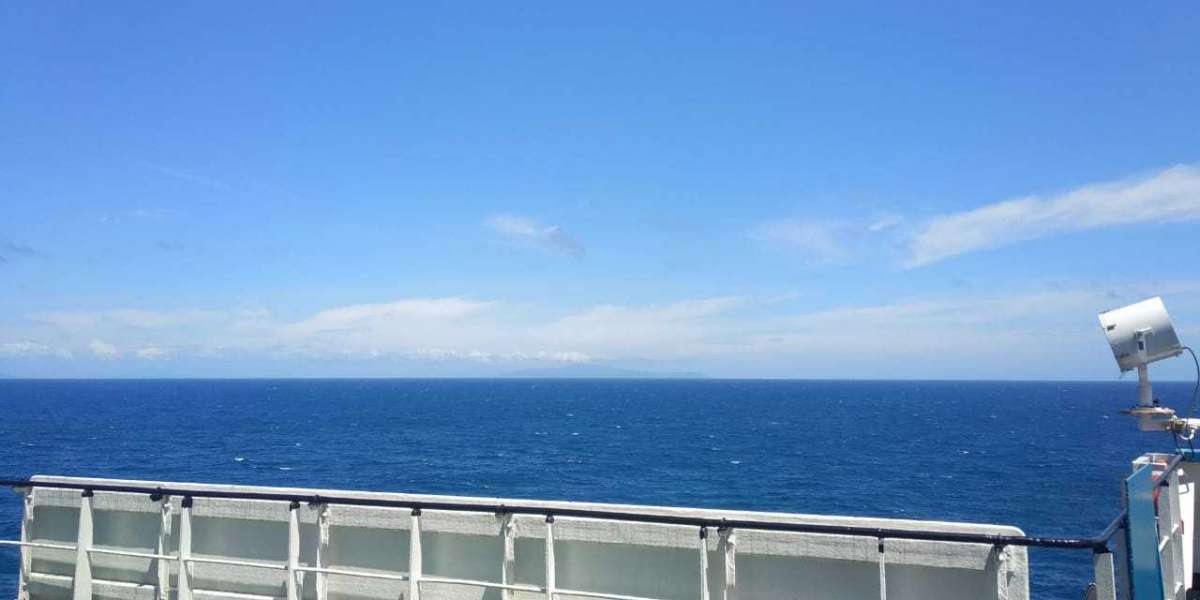We know three-fourth of our earth’s surface is covered with water in the form of water bodies like oceans, seas, rivers, lakes etc. By this fact itself its known the land covers only small portion of our Earth where we reside. We are much dependent on Mother Nature for our needs and requirements, the food we eat, the air we breathe, the water we drink, almost anything and everything is provided by nature as it’s the reservoir of resources. Take for example oceans, provides us with food, oxygen, employment and of course motivation. It also plays a vital role in the regulation of climate. The irony is we take everything for granted.
In this fast paced life, everything is changing so rapidly that there is a world of difference between the present and period of colonial rule in India. Accelerated industrialization is one of the important reasons and other factors include development in agriculture sector, transport and services sector contributing to more employment opportunities and improved quality of life, thus reviving economy. These are the pros of being in a developing era but what are the cons? Yes fair management, may it be resources or wastes produced in this process. Let us have a brief analysis on waste management with special reference to ocean pollution.
According to studies, every year more than Eight million tons of plastic end up in ocean. Other than plastics various other forms of wastes like industrial effluents, e-wastes, nuclear wastes, bio-medical wastes, wastes from shipping vessels, dangerous and hazardous wastes, are dumped without proper treatment. These are huge threat to marine ecosystem. Often we see in news about carcasses of sharks along sea coast with plastics lodged in its guts, is just an example.
Recently we came across a couple of oil spill accidents, a great matter of concern. One of the incidents happened may 2020 in Siberia, approximately 20,000 tons oil spilled from a power plant to Ambarnaya River which flows to join Artic Ocean which is known to be environmentally sensitive, which may have a tremendous impact on aquatic lives. This incident caused huge global attention, the oil in the river made it turn crimson red and it’s been estimated that the cleaning up process would takes years to complete.
Similar incident occurred in July 2020, Mauritius oil spill, a Japanese oil container ship ran aground. Over, 1000 tons of oil has been spilled in the Indian Ocean. This incident has a greater subject of concern taking into account its proximity to environmentally protected marine ecosystem and Blue Bay marine park reserve which inhabits several threatened and vulnerable species. These incidents could also lead to issues like hypothermia, organism’s inability to perform its inherent characteristics like loss of water repelling capacity of feathers, damage to coral reefs etc. Other similar oil spill cases: Persian Gulf War oil spill (1991) and Deep Water Horizon oil spill in Gulf of Mexico (2010).
What are the possible solutions?
Enforcement of waste management programs, reduced use of plastic, imposing fees and taxes on polluting sea with plastics, increased responsibilities on manufacturers on waste management, proper waste treatment before discharging to water bodies, steps for cleaning up of ocean, in case of oil spills methods like skimming, in situ burning, releasing of chemical dispersants help in removing oil content from oceans to an extent, use of bioremediation which is a method of purifying water bodies with the help of microorganisms which would help breakdown the pollutants and thereby clean it.
Our oceans without plastic and marine pollution should be the ultimate goal to protect our environment and have a sustainable life to save our Earth for generations to come.







